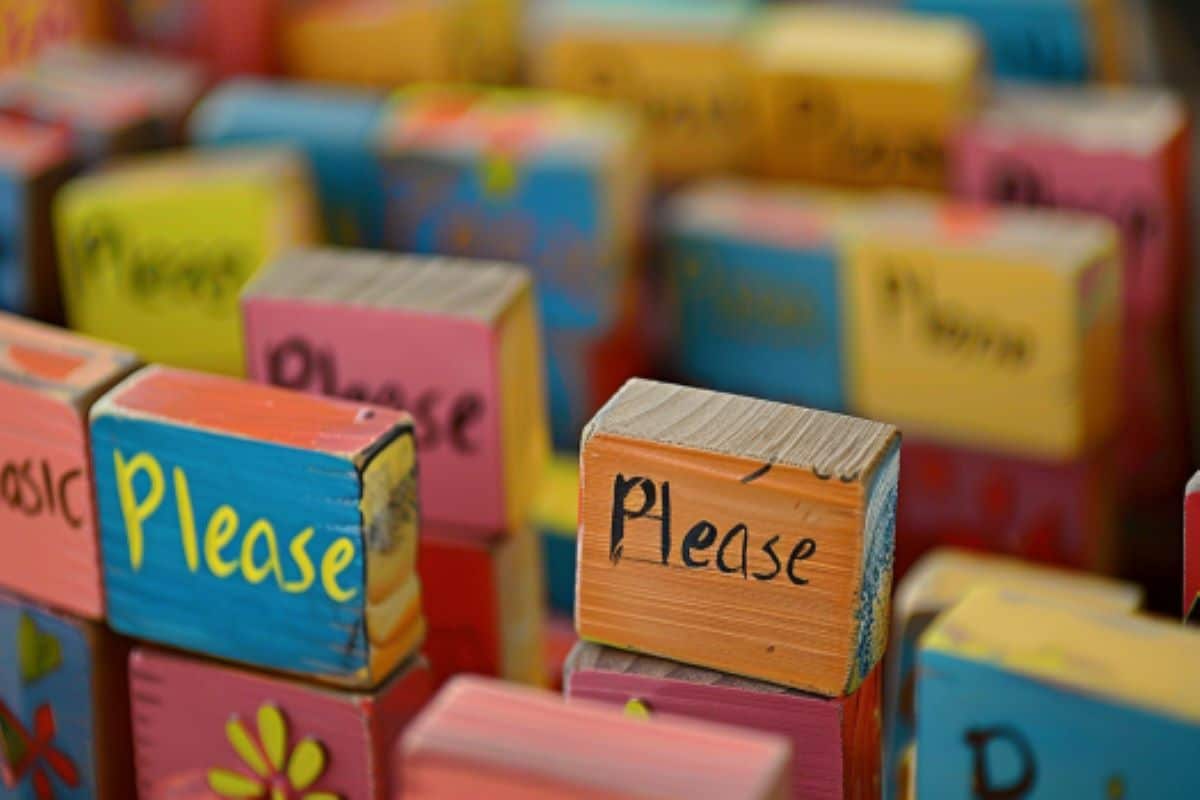Summary: A new study challenges the notion that “please” is a universal marker of politeness. Instead, researchers found it’s primarily used when expecting resistance or inconvenience. This suggests “please” is a strategic tool to navigate social interactions rather than a mere politeness marker.
The study emphasizes the importance of context and sensitivity in communication, as misusing “please” can backfire.
Key Facts:
- “Please” is used less often than expected, mainly when anticipating a “no.”
- It’s often employed to overcome resistance or when someone is busy.
- Misusing “please” can be counterproductive and even sound pushy.
Source: UCLA
By kindergarten age, most children have been taught that “please” is a magic word. “Please” is an expression of politeness that shows courtesy and respect, turning a potential demand into a request that will – poof! – magically be granted.
But a new study on the ways people make requests of one another suggests that “please” might not be an all-purpose marker of politeness, but rather a more focused, strategic tool to manage frictions or obstacles among family members, friends and even coworkers.

The study, published in Social Psychology Quarterly and authored by a team of sociologists from UCLA, shows that people say “please” much less often than expected, and mostly when they expect a “no” response is forthcoming.
Whether passing the butter or driving someone to the airport, non-strangers say “please” to each other to sweeten a request when they know the other is likely unwilling, either because they have resisted already or because they are busy doing something else.
The findings suggest there should be less effort put into teaching prescriptive, “one-word-fits-all” principles, and more focus on how to be sensitive to the particulars of a situation.
“Any generic rule – like saying “please” and “thank you” – doesn’t take into account the specific situation, and may not always indicate respect or politeness,” said Andrew Chalfoun, a graduate student studying sociology and lead author of the study. “It may also not be very effective.”
Saying “please” could even be harmful in a given situation.
“In the wrong context, saying ‘please’ may run the risk of sounding pushy or dubious about another’s willingness to help,” Chalfoun said.
For the study, Chalfoun and UCLA sociologists Giovanni Rossi and Tanya Stivers took into account the words, facial expressions and behaviors observed in 17 hours of mostly informal, naturally occurring conversations that were recorded on video among family members, friends and coworkers, with a few exchanges involving strangers.
The video cameras had been set up with participants’ consent in homes, workplaces and outdoor areas for a previous study.
The conversations took place during everyday activities across a range of settings such as meals, board games like “Catan,” haircuts at a salon, food preparation and in the back room of a retail store.
The conversations were in person among British and American English speakers from diverse racial, ethnic and socioeconomic backgrounds, and among various age groups. The study did not include business requests, like a customer ordering from a restaurant. They also did not include written or phone requests.
Out of more than a thousand distinct “request attempts” observed in the video-recorded interactions, “please” was used only 69 times, or 7% of the time, mostly when there was a foreseen obstacle to overcome, and not due to perceived subordination, need for deference, difference in gender or the relative size of a request.
In about half of the instances when someone asked for something with “please,” it was because the person they were addressing had already indicated they were unwilling to act as requested or had previously refused. For example, a woman used “please” when asking her spouse to sit down at the dinner table after repeated requests went ignored.
In another third of cases, the person was engaged in an activity incompatible with what was being asked, i.e. in the middle of something else. For example, a man used “please” when asking his spouse to make soup stock, knowing she was busy washing baby bottles.
The researchers also found that children say “please” about as often as adults, and in similar situations. In the video observed by the researchers, a teenager used “please” to ask her mother to buy her a dress when she expected her to say no, because she had rejected a similar request previously.
Evidence of the previous rejection came in her mother’s reply after the “please,” which was, “We’ve been through this before.”
“Every community has explicit norms that define what counts as polite or respectful conduct, for example as taught to children or someone new to the community,” Chalfoun said. “We’re interested in understanding whether those norms are in fact followed in everyday life or there are other, more tacit norms that better explain people’s conduct.”
By observing how politeness actually works in everyday life, the team hopes to provide researchers with better models for how to understand the dynamics that underly social behavior.
About this social neuroscience research news
Author: Elizabeth Kivowitz
Source: UCLA
Contact: Elizabeth Kivowitz – UCLA
Image: The image is credited to Neuroscience News
Original Research: Closed access.
“The Magic Word? Face-Work and the Functions of Please in Everyday Requests” by Andrew Chalfoun et al. Social Psychology Quarterly
Abstract
The Magic Word? Face-Work and the Functions of Please in Everyday Requests
Expressions of politeness such as please are prominent elements of interactional conduct that are explicitly targeted in early socialization and are subject to cultural expectations around socially desirable behavior.
Yet their specific interactional functions remain poorly understood.
Using conversation analysis supplemented with systematic coding, this study investigates when and where interactants use please in everyday requests.
We find that please is rare, occurring in only 7 percent of request attempts. Interactants use please to manage face-threats when a request is ill fitted to its immediate interactional context.
Within this, we identify two environments in which please prototypically occurs.
First, please is used when the requestee has demonstrated unwillingness to comply.
Second, please is used when the request is intrusive due to its incompatibility with the requestee’s engagement in a competing action trajectory.
Our findings advance research on politeness and extend Goffman’s theory of face-work, with particular salience for scholarship on request behavior.






